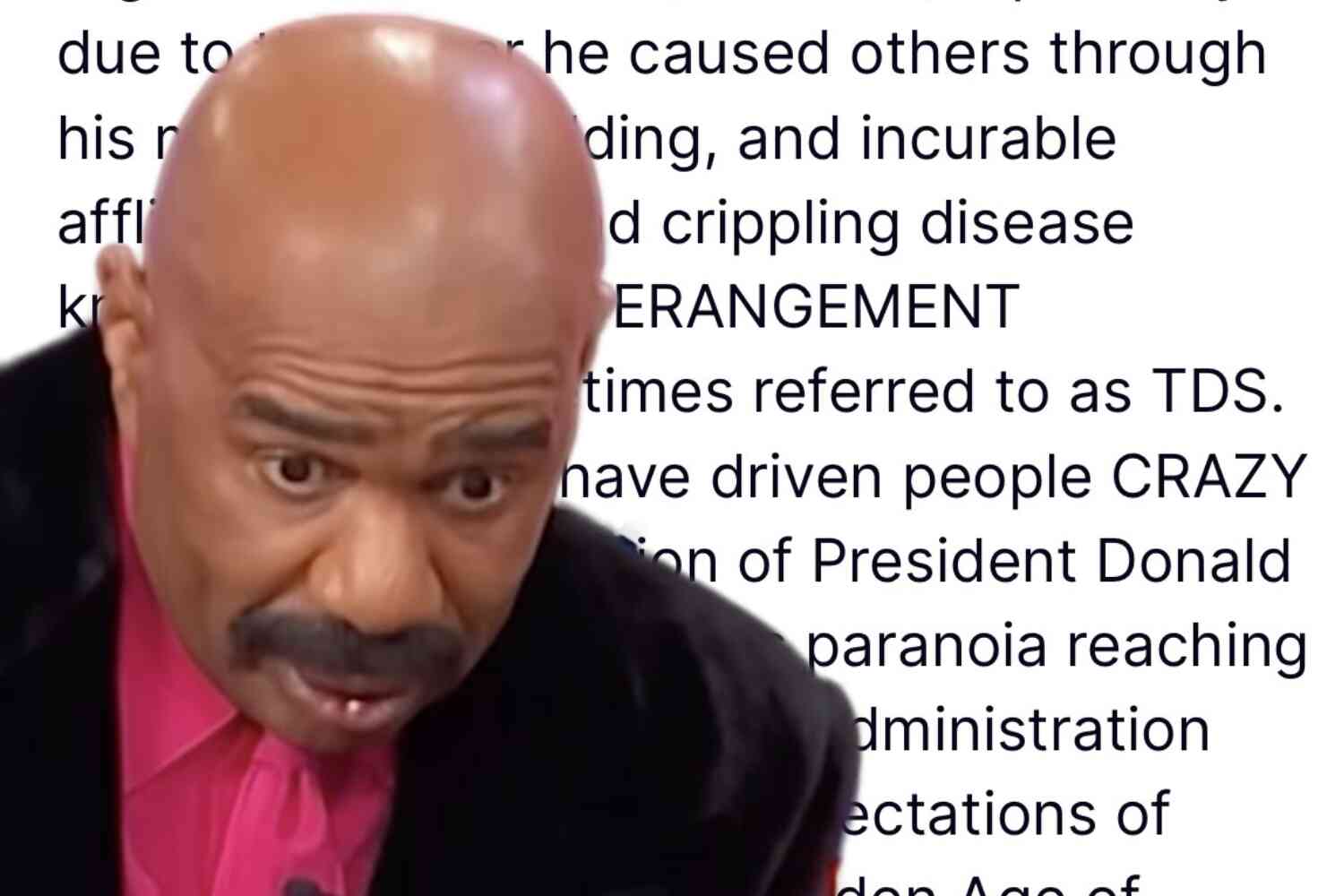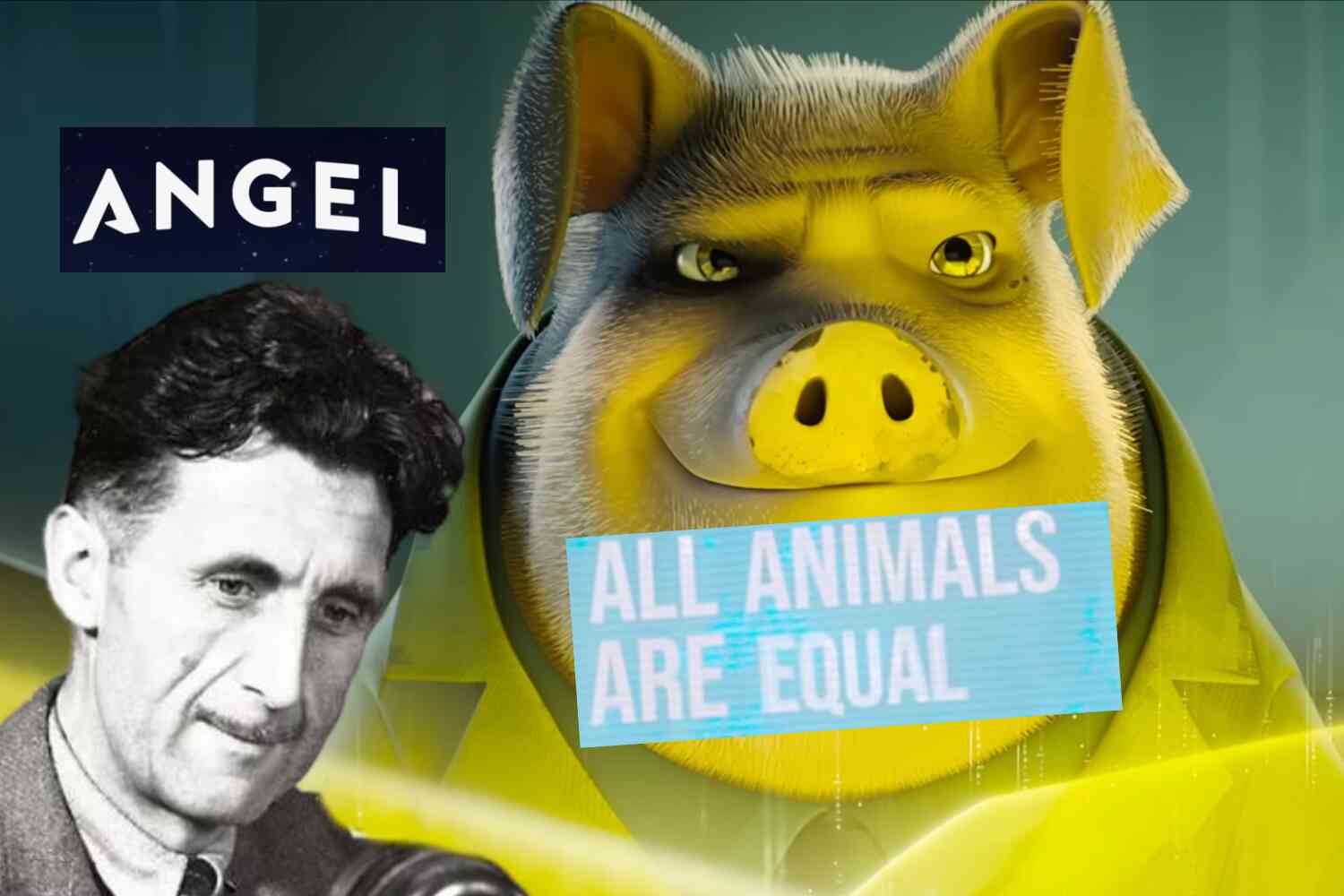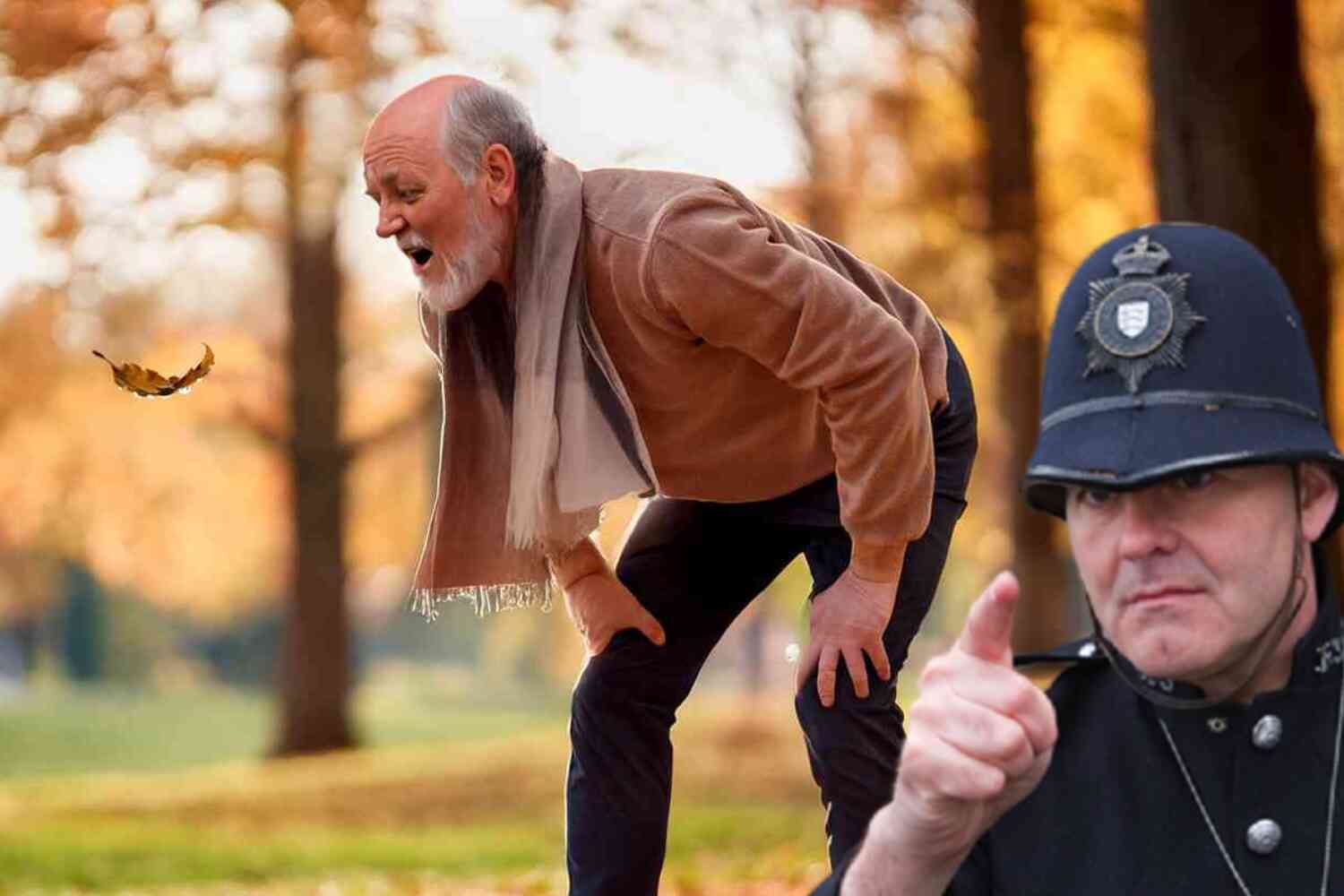We are in the midst of an ongoing demographic crisis—not enough people are having enough babies to sustain the necessary population growth—and it looks like it's getting a whole lot worse:
U.S. population growth dipped to its lowest rate since the nation's founding during the first year of the pandemic as the coronavirus curtailed immigration, delayed pregnancies and killed hundreds of thousands of U.S. residents, according to figures released Tuesday.
The United States grew by only 0.1%, with only an additional 392,665 added to the U.S. population, from July 2020 to July 2021, according to population estimates released by the U.S. Census Bureau.
Just in case you think that whole "since the nation's founding" rhetoric is no more than a bit of journalistic flourish, it's literally the position of the U.S. government:
According to the U.S. Census Bureau's Vintage 2021 national and state population estimates and components of change released today, the population of the United States grew in the past year by 392,665, or 0.1%, the lowest rate since the nation's founding.
This is not good for a whole lot of reasons, but the most pressing among them is that, if you don't have enough babies today, you're simply not going to have enough people years from now to prop up the society you've built: Not enough workers, not enough taxpayers, not enough men and women around to keep the engine of civilization running efficiently.
That sounds like a sort of cold nuts-and-bolts calculus. It kind of is. Having babies and raising children is doubtlessly first and foremost a deeply personal matter between a husband and a wife. But it also has profound societal implications beyond that of individual families. Ignoring these is folly.
Right now there's more or less enough people to keep things going. In twenty or thirty years? We may be looking at a significantly different picture.
P.S. Now check out our latest video 👇









